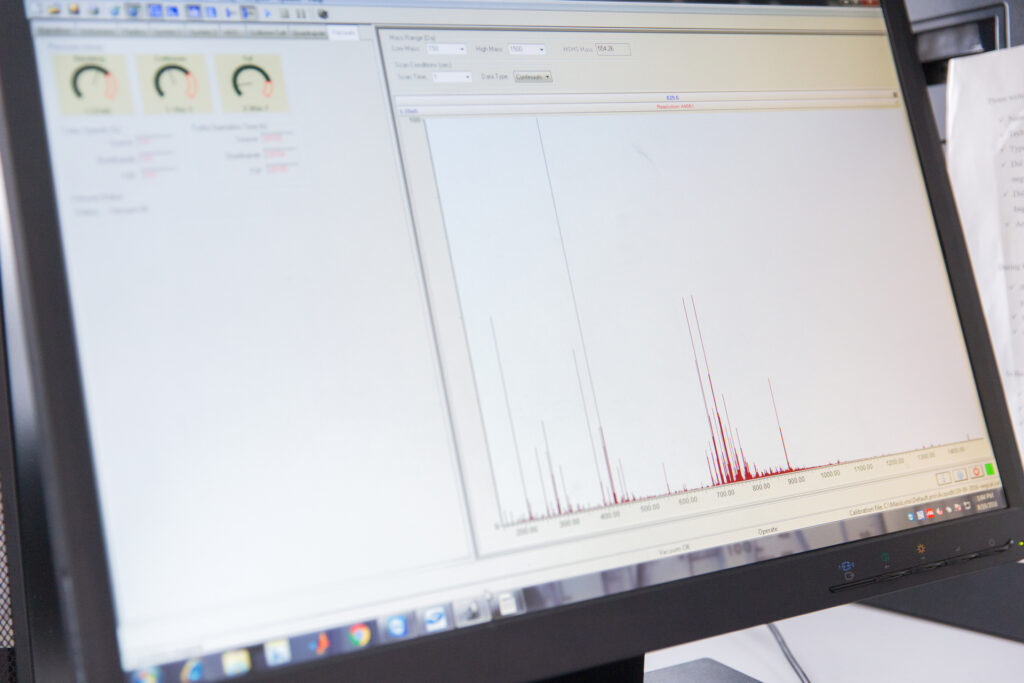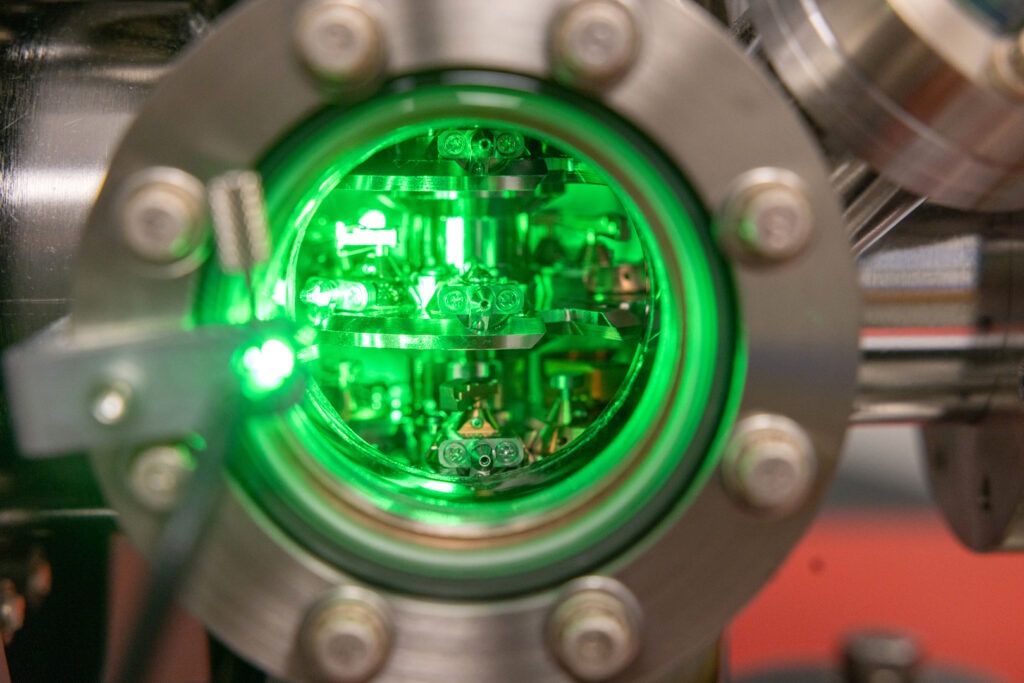
Facilities
Analytics and Metrology
Enabling scalable & standardised engineering biology
Analytics
Precise measurement & standards
Scaling up engineering biology products requires precise measurement and robust reference standards. Biological systems pose unique challenges that demand a multidisciplinary approach to metrology.
Our virtual Analytics & Metrology Lab, set up in collaboration with the National Physical Laboratory, is dedicated to developing industry-led measurement techniques and standards to ensure product consistency, performance validation, and successful commercialisation. We offer a comprehensive array of analytical systems to support the characterisation and measurement of bio-parts and products throughout translational engineering biology.
Our Focus:
- Establishing Standards – Defining key measurement techniques for scalable biomanufacturing.
- Ensuring Quality & Safety – Validating biological reference materials for industry confidence.
- Collaborating for Innovation – Working with SynbiCITE, NPL, and stakeholders to drive adoption.
Through the Centre of Excellence in Engineering Biology, Metrology & Standards, funded in part by BEIS, we are building a framework that bridges research and industry needs.

Advance with Confidence
Get in touch to partner with our Analytics & Metrology Lab